The University of Ghana (UG) has inaugurated a plastic valorization fuel facility for the Osu community, aimed at enhancing plastic waste management through the conversion of plastics into fuel.
This initiative promotes sustainability and environmental conservation while providing residents, including fisherfolk, with fuel for their daily activities, such as powering outboard motors.
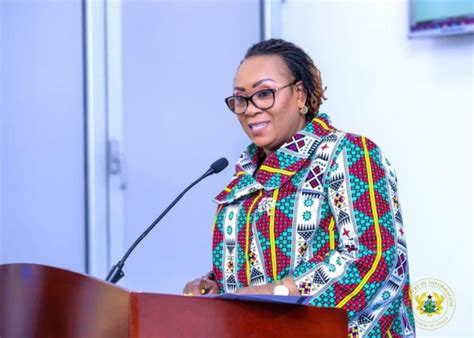
The facility employs a pyrolysis system that heats plastic waste, capturing the heat generated during the melting process. This heat is subsequently cooled through condensation to produce various fuel types, including diesel, petrol, and gas.
During the commissioning ceremony, Professor David Dodoo-Arhin, Director of the Institute of Applied Science and Technology at UG, explained that the type of fuel produced varies based on the conditions and temperatures used in the production process.
He emphasized the project’s goal of adding value to plastics while working to eliminate plastic waste from the environment, both on land and in the ocean.
“Fishermen often catch plastics instead of fish in the ocean. The plastic waste breaks down into microplastics, which are consumed by fish and eventually by humans. Since plastics do not degrade, they pose significant dangers to consumers,” he stated.
Funded by the French Embassy in Accra, the facility is expected to serve as a valuable resource for the community, helping reduce plastic waste while generating alternative energy sources.
Prof. Dodoo-Arhin noted that the project encourages fisherfolk and community members to collect plastic waste locally and along the shores.
“The project also aims to create vocational training and entrepreneurship opportunities for unemployed youth,” he added. He assured that UG would seek additional partnerships to extend the project to other communities.
“This initiative has also generated jobs for individuals involved in the value chain, including those who collect, sort, wash, dry, and shred the plastic waste for processing,” he continued.
Mr. Frederick Kenneth Appiah, Deputy Director of Renewables at the Energy Commission, highlighted that the project aligns with the government’s energy transition and policy goals. He stated that it sets the foundation for sustainable development and the target of achieving net-zero emissions by 2070.
“Together with the Energy Commission, National Petroleum Authority, and other key agencies, we are creating a framework for developing biofuels, which this project will contribute to,” he explained.
Mr. Appiah urged stakeholders to collaborate and support the initiative, stressing the importance of expanding it to other regions.
“This is a project that is necessary for everyone, whether in coastal or inland cities, as plastics are ubiquitous and pose significant environmental challenges,” he stated.
Nii Kwabena Bonnie V, the Osu Alata Mantse, encouraged the youth of Osu Alata to take advantage of the opportunities offered by Valoplastique and to refrain from disposing of plastic waste in drainage systems.
“We urge you to seize this initiative and stop dumping waste into gutters, as plastics can be transformed into gas. This will help clean our seas, ensuring that fishermen can return with a good catch,” he said.
He also urged the youth to engage in the training provided by the facility and to actively collect plastic waste.
“Learn from the training and share your knowledge with others, ensuring that future generations have opportunities for sustainable work in the community,” he added.
As part of the project, 34 young individuals from the Osu Alata fishing community received training on operating, managing, and maintaining the facility and its value chain, and they were awarded certificates for their participation.














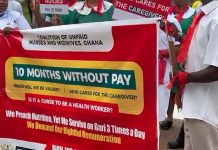

















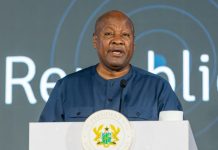



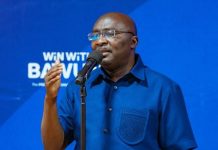
















![[FREE FREE MONEY] Predict and Win a Guaranteed GH¢200 From Us EVERY WEEK](https://wordpress.ghanatalksradio.com/wp-content/uploads/2022/02/Predict-and-Win-Final-09-03-2021-218x150.jpg)
![[Predict & Win – 8th/Oct.] WIN A Guaranteed ¢200 From Us This Week](https://wordpress.ghanatalksradio.com/wp-content/uploads/2021/10/maxresdefault-16-218x150.jpg)
![[Predict & Win – 2nd] WIN A Guaranteed ¢200 From Us This Week](https://wordpress.ghanatalksradio.com/wp-content/uploads/2021/09/maxresdefault-50-218x150.jpg)
![[Predict & Win – 25th] WIN A Guaranteed ¢200 From Us This Week](https://wordpress.ghanatalksradio.com/wp-content/uploads/2021/09/maxresdefault-36-218x150.jpg)
![[Predict & Win – 18th] WIN A Guaranteed ¢200 From Us This Week](https://wordpress.ghanatalksradio.com/wp-content/uploads/2021/09/maxresdefault-23-218x150.jpg)



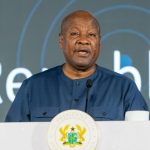






![[National cathedral] See full list of churches that have contributed since 2018](https://wordpress.ghanatalksradio.com/wp-content/uploads/2020/09/Ghana-National-Cathedral-GhanaTalksRadio-100x70.jpg)



